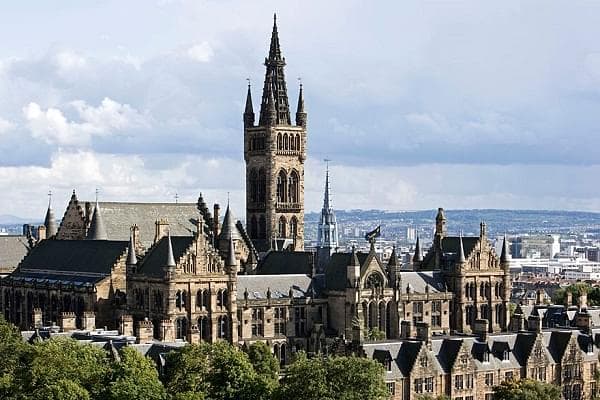Normally a good Honours degree (2.1) in a relevant field such as civil engineering, earth or environmental science, geography, mathematics, physics, or planning, but others with some mathematical background will be considered.
Those with a degree in geomatics or a closely related subject or who meet the age and experience criteria of the Royal Institution of Chartered Surveyors can use the programme as a route to a professional qualification or preparation for a research degree and may, under special circumstances, be given exemption from some aspects of the programme.
(Note: this programme has slightly higher entrance requirements than the MSc in Land & Hydrographic Surveying and the MSc in Geospatial & Mapping Sciences due to the 6 month work placement).
Securing a work placement
Offers for this degree programme will be dependent on the number of work placements that the School has negotiated with placement providers in advance. However, the School cannot guarantee a work placement as there may be situations beyond our control that lead to a placement being unavailable. If for any reason a placement is not available after offers have been made, the student will transfer to the MSc in Land & Hydrographic Surveying, and the work placement will be replaced with an MSc project.
The School will also consider suggestions for work placement partners from applicants. In such cases we will contact the suggested placement provider and confirm that they meet our requirements and are willing to agree to the conditions of the placement. Companies should be active in Land, Engineering and/or Hydrographic Surveying.
Progression to the placement is dependent on meeting academic requirements while on the course. If a student does not meet the progression requirements for the placement but does meet the progression requirements for the degree, the student will transfer to the MSc in Land & Hydrographic Surveying, and the work placement will be replaced with an MSc project. Please note these requirements are more demanding than for the non-work placement version of the programme.
The progression requirements for the placement are as follows:
-
At the end of Semester 1, you must normally achieve at least a C grade in each of the semester 1 courses at the first attempt
-
At the end of Semester 2, you must normally achieve an overall average B grade from all taught courses at the first attempt
For international (non EU) applicants. A Tier 4 student visa will permit you to undertake this assessed work placement as part of your course in the UK.
English language requirements
For applicants whose first language is not English, the University sets a minimum English Language proficiency level.
International English Language Testing System (IELTS) Academic module (not General Training)
Common equivalent English language qualifications
All stated English tests are acceptable for admission to this programme:
TOEFL (ibt, my best or athome)
-
90 with minimum R 20, L 19, S 19, W 23.
-
Tests must have been taken within 4 years 5 months of start date. Combined scores from two tests taken within 6 months of each other can be considered.
PTE (Academic or Academic Online)
Cambridge Proficiency in English (CPE) and Cambridge Advanced English (CAE)
-
176 overall, no subtest less than 169
-
Tests must have been taken within 4 years 5 months, combined scores from 2 tests sat within 6 months of each other can be considered.
Glasgow International College English Language (and other foundation providers)
University of Glasgow Pre-sessional courses
Alternatives to English Language qualification
-
Undergraduate degree from English speaking country (including Canada if taught in English)
-
Undergraduate 2+2 degree from English speaking country
-
Undergraduate 2+2 TNE degree taught in English in non-English speaking country
-
Masters degree from English speaking country
-
Masters degree (equivalent on NARIC to UK masters degree) taught in English in non-English speaking country

